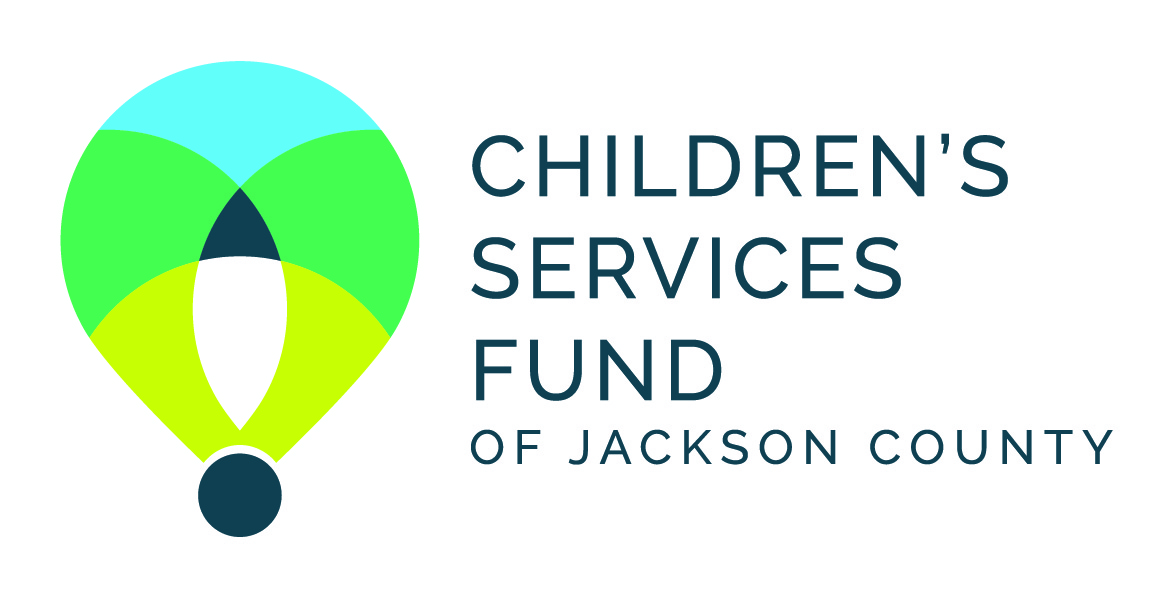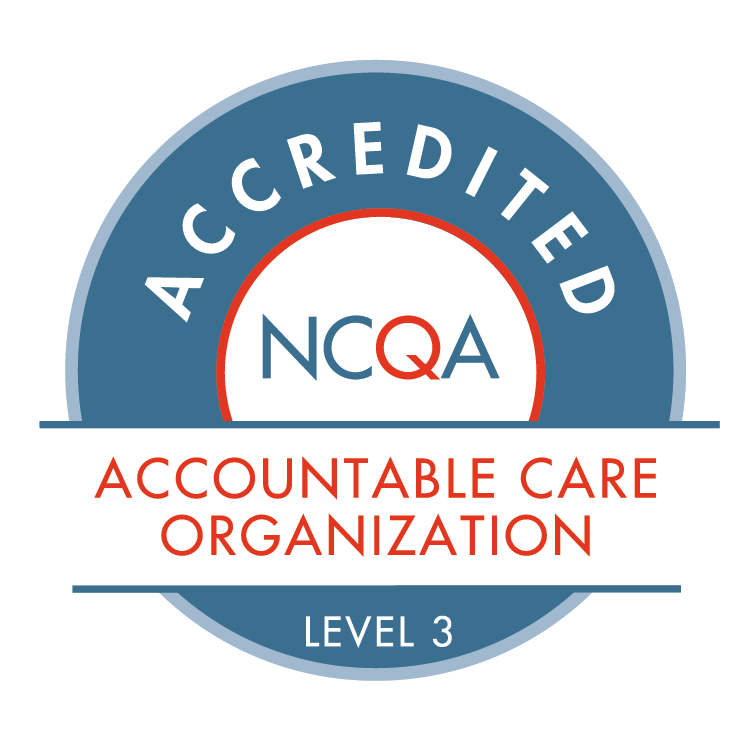Swope Health launches free mammogram screenings for women without insurance
Innovative grant programs help Swope Health reduce barriers to care
Swope Health is encouraging women to get breast screening examinations to take better care of their own health.
Breast screenings can be lifesaving. Screenings offer a chance at early detection of breast disease or cancer, and earlier detection means better chances of treatment and recovery.
To make it even easier to get a screening, Swope Health is offering mammogram screenings to any woman age 40 or older without healthcare insurance, under grants from The Research Foundation and Komen Kansas + Western Missouri, an affiliate of Susan G. Komen Foundation.
“Our goal is to provide screenings for women who don’t qualify for Medicaid or don’t have private insurance,” said Jennifer Frost, M.D., Interim Chief Medical Officer at Swope Health. “We know the COVID-19 pandemic has made it harder for women to get screened, and this is our way to make it easier.”
Here are the guidelines:
- Women who are age 50 to 74 are recommended to have regular screenings every two years. No order is required – you can call 816-599-5870 to make an appointment if you haven’t been screened in the last two years.
- If you are age 40-49 and want a screening, you should make an appointment with your doctor or clinician, who can discuss the risks and benefits of early screening and order a mammogram if appropriate..
- If you are having any symptoms, such as pain, discharge or swelling, you should contact your doctor or clinician.
- There is a $25 fee for all breast screening appointments. Women who do not have insurance or Medicaid will not be billed for the screening beyond the $25 fee.
COVID-19 affected screenings
During the pandemic, the effects of school and work closures, as well as scaled-back hours at many clinics, made it difficult to maintain healthcare routines. Appointments designed to prevent issues before they appeared were often the first to be cancelled.
Several independent research programs have documented significant declines in preventive care visits, such as for mammograms, Pap smears, and childhood exams, during the pandemic. The Health Care Cost Institute, for example, reported a 16 percent decline in mammograms in 2020 from 2019.

The United States Preventive Services Task Force recommends that women age 50 and older receive a mammogram screening for breast cancer every two years. Swope Health encourages this, too.
The screening is basically an X-ray of the breast, usually involving two or more images. These images make it possible to identify tumors that can’t be detected by touch.
Early detection reduces the risk of dying from the disease by 25 percent or more, according to BreastCancer.org. The Centers for Disease Control and Prevention note the smaller a tumor is the more likely it is to be curable. So, having regular mammograms lower the risk of dying from breast cancer.
Black and Hispanic women have higher mortality rates of breast cancer than all other races. Women in lower socio-economic levels have disproportionately higher death rates than those in higher income levels.
How it works.
When you are scheduled for your appointment, you should expect to spend about a half an hour in the screening. Your images will be professionally reviewed and you’ll be notified of the results. In the event you are called for an additional screening, called a clinical follow up, those costs also are covered.
Call 816-599-5870 to make your appointment. Guidelines on screenings can be confusing, and we are happy to talk with you about options.
Resources:
Fact Sheet: African-American Women & Breast Cancer (Breast Cancer Prevention Partners)
Race and Ethnicity (Susan G. Komen Foundation)
Disparities in Breast Cancer: African-American Women (American Cancer Society)













Leave a Reply
Want to join the discussion?Feel free to contribute!